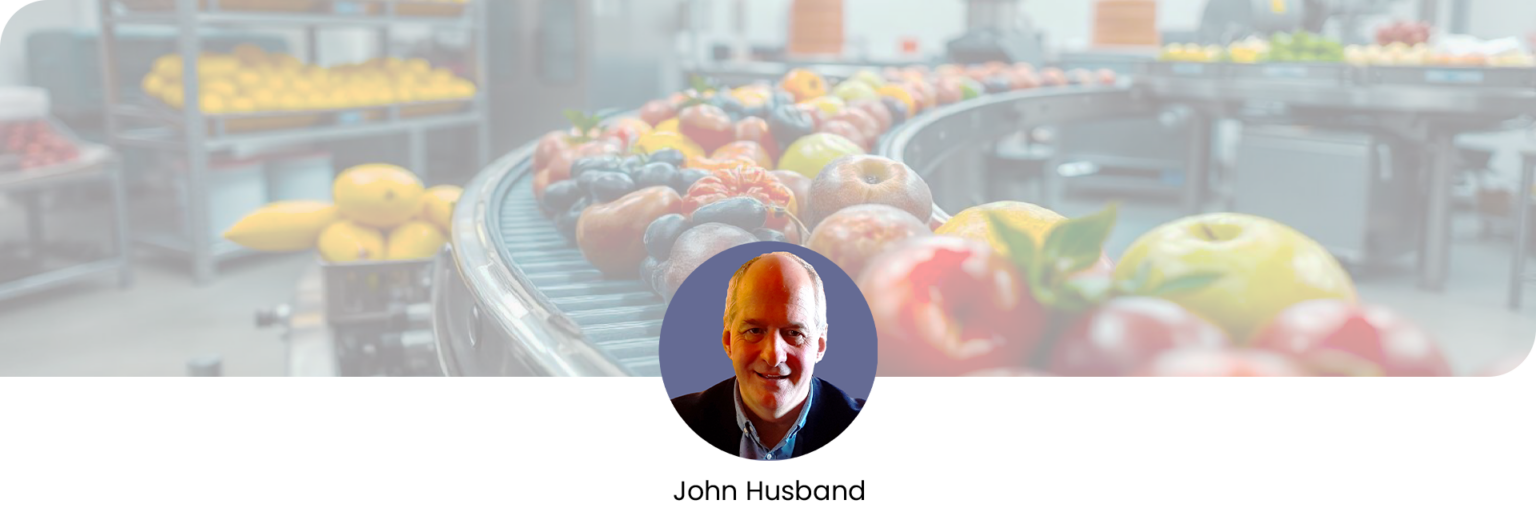
Helping you stay food safety audit ready
If you’ve ever been involved in a third-party audit—particularly a BRCGS audit—you’ll know how stressful it can be to ensure everything is in order to show you meet food safety requirements.
The key to reducing this stress is to be prepared at all times. Stay ready so you don’t have to get ready, as they say.
tolearn is built to help you stay audit-ready in two critical areas:
-
- Employee training
-
- Food safety culture
Here’s how:
Providing objective evidence
An essential part of any food safety management system is the management and control of training records.
Accurate and up-to-date records help you provide objective evidence to meet BRCGS training requirements.
Rather than searching through mountains of paperwork for the documents auditors expect to see, tolearn lets system administrators access training records at the click of a button, including:
-
- Trainee name
-
- Confirmation of attendance
-
- Date and duration of the training
-
- Title or course contents, as appropriate
-
- Training provider details
-
- Scheduled refresher training
For internal courses, you can also quickly access a reference to the material, work instruction or procedure used in your training.
As well as records, there are several printable reports you can use to help complete a training needs analysis and quickly determine upcoming site training requirements.
These help you ensure employees are enrolled in the right courses at the right time. And are working in line with current food safety standards.
Creating a positive food safety culture
Global Food Safety Initiative (GFSI) standards require companies to demonstrate a commitment to continuously improve their food safety and quality culture.
In other words, you need to show auditors that your team is confident and comfortable with food safety processes.
tolearn helps you measure the quality and maturity of your food safety culture, using the 4C model.
The 4C model was developed by us as part of a research project carried out in collaboration with Associate Professor Derek Watson of the University of Sunderland.
It’s designed to help you easily determine whether your food safety culture is negative or positive across the 4 C’s:

Using the 4C model, you can show external auditors that you’ve engaged with employees to determine the maturity of your food safety culture. The results clarify whether your culture is positive or negative.
tolearn lets you generate food safety culture reports each time you run the 4C model. You can use these to develop a robust food safety plan.
For example, if results show your food safety culture is negative, you can follow the PDCA (Plan Do Check Act) process to make changes. Once done, run a follow-up food safety culture survey to assess whether they’ve made an impact.
Comparing new reports to previous surveys will show whether you’re making continuous improvement (i.e. creating a positive food safety culture).
If you have a positive food safety culture, much of your audit preparation is done.
Combine this with robust training records and you have the foundations in place to stay audit ready. And ease the stress of inspection time.
tolearn innovative Food Safety Management System.
Book a demo at a date and time which is best for you and find out how tolearn can help your company with onboarding of staff, employee competency and improve food safety culture.
Want to learn more about food safety?
Check out our range of BRCGS, Food Safety and HACCP courses by clicking the button below.
.


